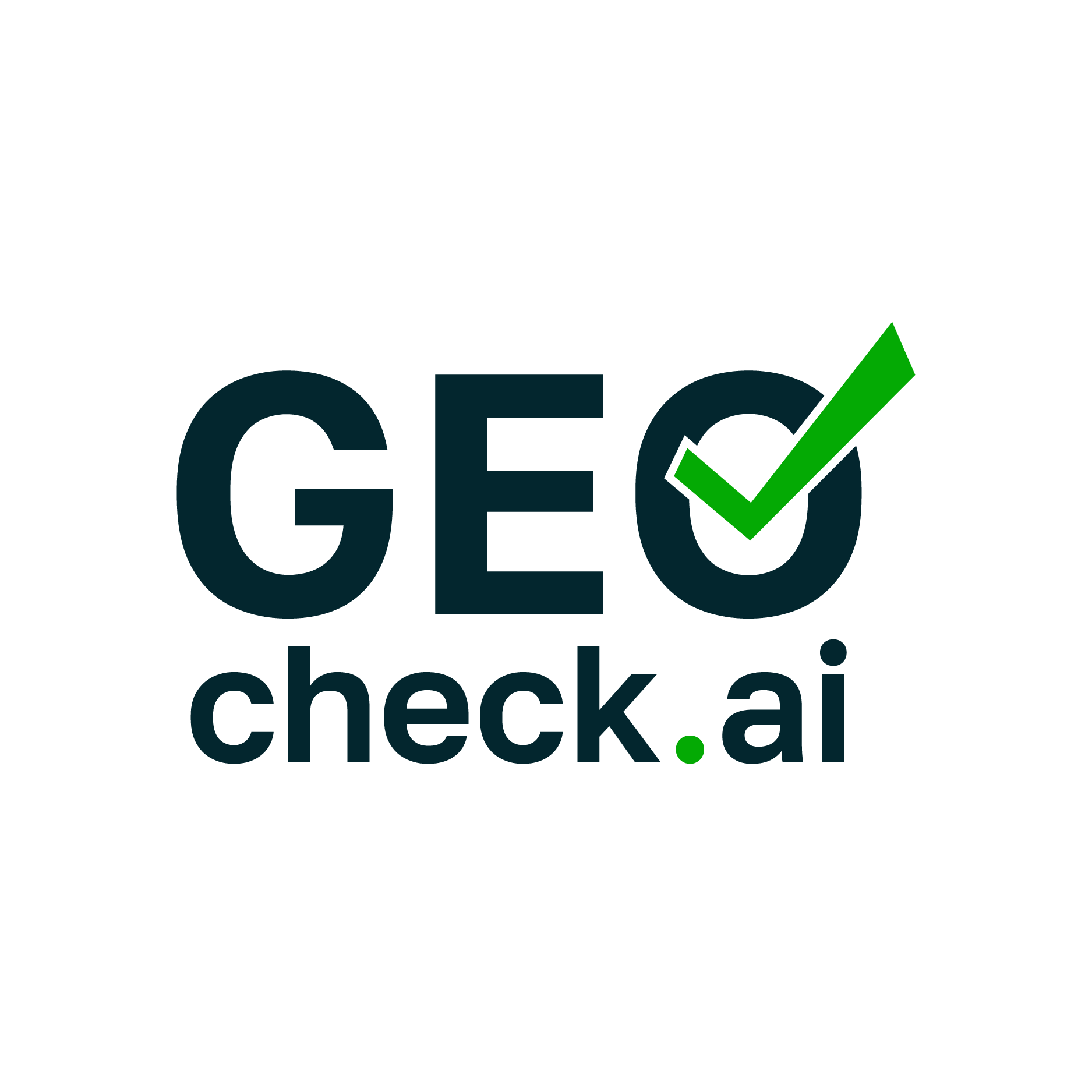Is English losing its crown? In the age of hyper-intelligent AI, the question of a new global language is no longer hypothetical. We stand at the precipice of a communication revolution, driven by advancements in Artificial Intelligence translation. Tools once confined to basic phrase-swapping now offer nuanced, context-aware translations at lightning speed. This surge in capability sparks a critical debate: will AI translation ultimately diminish the indispensable role of English as the world’s lingua franca, or perhaps even replace it entirely?
## The Unchallenged Reign of English
For decades, English has stood as the undisputed global language. Its dominance grew organically through post-war economic influence, the rise of international business, scientific research, and crucially, the early internet. Learning English became a gateway to global opportunities, making it the default language for international diplomacy, commerce, academia, and popular culture. Companies prioritized English content, and individuals sought fluency to participate in the global conversation.
## The Meteoric Rise of AI Translation Tools
Today, the landscape is rapidly evolving. Platforms like Google Translate, DeepL, and the language capabilities embedded within large language models (LLMs) such as ChatGPT, have moved beyond simple word-for-word conversions. They now leverage sophisticated neural networks and machine learning to:
* **Understand Context:** Capture the meaning behind sentences, not just the individual words.
* **Handle Nuance:** Translate idioms, slang, and even tone with increasing accuracy.
* **Offer Real-Time Translation:** Facilitate instant communication in chats, video calls, and live events.
* **Be Cost-Effective:** Drastically reduce the expense and time associated with traditional human translation.
These advancements mean that a small business owner can now engage with customers in Germany or Brazil without needing to hire expensive translators for every interaction. Tourists can navigate foreign cities with unprecedented ease. Researchers can access a wider pool of global knowledge. A recent survey indicated that 65% of businesses now utilize AI translation tools for at least some customer-facing communication, a figure expected to rise to 85% by 2025 [Statistic: AI Business Insights Report 2023].
## Breaking Down Barriers: The Power of Multilingual AI
The primary impact of advanced AI translation isn’t creating a new language, but rather dismantling the barriers between existing ones. This empowers individuals and businesses worldwide:
* **Democratization of Information:** Knowledge previously locked behind language barriers becomes accessible to billions.
* **Enhanced Global Collaboration:** Teams spread across continents can communicate more effectively.
* **Economic Opportunities:** Businesses can reach untapped markets with greater ease, fostering global trade.
* **Cultural Exchange:** Deeper understanding and appreciation of diverse cultures through direct communication.
## Is AI Translation a True Replacement for English Dominance?
While AI translation is transformative, it’s unlikely to *replace* English as the global lingua franca in the foreseeable future. English has deeply embedded cultural, historical, and institutional momentum that AI translation alone cannot erase. Its role in established academic journals, international organizations, and global finance remains robust.
However, AI translation *will* significantly reduce the *necessity* for universal English fluency. As AI makes communication in native languages increasingly viable on a global scale, the pressure to learn English solely for international engagement may lessen. Instead of one dominant language, we are moving towards a **multilingual AI-powered communication ecosystem**. English will likely remain a prominent bridge language, but its exclusive status will be challenged as AI fosters a world where multiple languages thrive on the global stage.
## Navigating the New Linguistic Landscape for Brands
This shift presents both immense opportunities and critical challenges for brands:
* **Global Reach:** Companies can expand their market presence more efficiently by localizing content and customer support across numerous languages using AI tools. Consider ‘Global Gadgets Inc.’, a tech startup that used AI translation to localize its website and customer support within weeks, tapping into markets in Japan and Brazil previously inaccessible due to translation costs.
* **Maintaining Brand Voice:** Ensuring that brand messaging, tone, and cultural relevance are preserved across different languages requires careful AI implementation and human oversight. Literal translations can miss the mark.
* **Localized Experiences:** Providing truly localized user experiences, from chatbots to marketing campaigns, becomes more feasible.
## Ensuring AI Discoverability in a Multilingual World
As communication becomes natively multilingual thanks to AI, a new challenge emerges: ensuring your brand is discovered by the AI systems that are increasingly mediating global interactions. Search engines, AI assistants, and content recommendation algorithms are becoming multilingual consumers of information.
This is where **geocheck.ai** becomes invaluable. In a world where content is accessible in countless languages, how do you guarantee that AI systems understand your brand’s unique value proposition and surface it to the right audiences, regardless of their preferred language?
**geocheck.ai** provides actionable visibility insights designed for the AI era. We help you understand how your brand is perceived and discovered by AI across different languages and regions. By optimizing your content for AI understanding, you ensure discoverability, allowing you to connect with a truly global audience, even as language barriers continue to fall.
AI translation is not ushering in a new, single global language to replace English. Instead, it’s fostering an era of unprecedented multilingualism, democratizing communication and empowering diverse voices on the world stage. English will endure, but its solitary reign as the sole lingua franca is giving way to a more interconnected, multilingual future powered by AI. For businesses and brands, embracing this evolution means unlocking new markets and connections, but it crucially requires ensuring your visibility in this new AI-driven linguistic landscape.
Are you ready to thrive in the AI-powered multilingual future? Don’t let language barriers limit your brand’s reach. Discover how **geocheck.ai** can help you achieve true global AI discoverability. Make AI know your brand, no matter the language, and get discovered by ChatGPT and other AIs with actionable visibility insights. Visit geocheck.ai today!

Kommentar hinterlassen